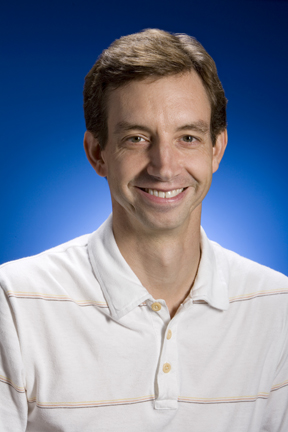The Team
Frank Morgan | Calibration, observation planning, and uplink

Where
did you grow up?
I grew up on a farm near Bailey, North Carolina, about 40 miles east of Raleigh.
How
did you get interested in space exploration?
Growing up out in the country, I spent lots nights under clear, dark skies, so star gazing was an early hobby. Then there were the Apollo moon landings (the first one just 10 days after I turned 7). I thought about becoming an astronomer but I couldn’t figure out who paid them, so I went into physics instead. Then in grad school, I ended up working on a space shuttle experiment and I’ve been doing space work ever since.
What's
your educational background?
I went to High school at Southern Nash, got my B.S. in physics from N.C. State, and my M.S. and PhD in physics from the University of Alabama in Huntsville.
What
are your hobbies?
I enjoy hiking, photography, and watching Formula 1 car racing on TV.
What's
your job on CRISM?
I helped out with calibration back before CRISM launched, and now I’m doing observation scheduling.
What
excites you about exploring Mars?
It’s a great time to be involved in Mars science. We know Mars better than any other planet besides Earth, but that doesn’t mean the mystery is all gone. Really we’ve just learned enough to start asking the right questions, and there are still big questions left to answer - like whether there was ever an ocean there. With current and planned Mars missions and all the analysis and theoretical study going on, we might actually start seeing some real, solid answers in the not-too-distant future. I think it’s cool to be part of that.
What
advice would you give to someone like you who wants to get involved in space exploration?
Follow your interests. You can get into space-related work with a background in almost any area of physical science, engineering, or computer science. If no particular subject has really grabbed your interest yet, start out with a fairly “general purpose” science like physics, and take advantage of any opportunities you have to study a variety of subjects like geology, astronomy, electronics, or whatever. Eventually you’ll come across something that excites you.
